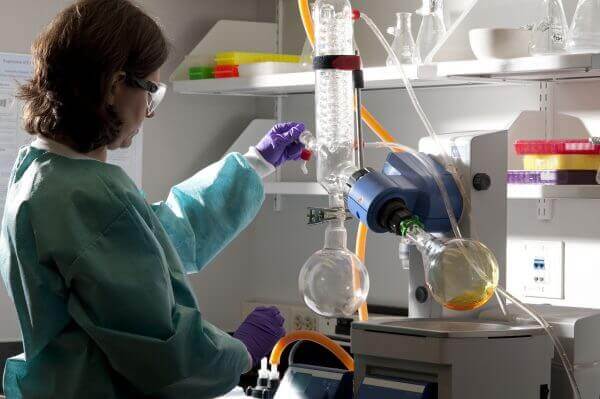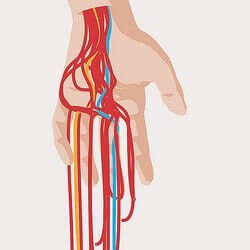Biohackers Want to Save Lives with DIY Gynaecology
Open source your own sexual health tools and bio lab.

Despite the achievements of feminism, thousands of women around the world remain deprived of safe gynaecological treatment. Sex workers, immigrants, and the uninsured are just a few who fall through the bureaucratic gaps that deny them life-changing service. However, a collective of biohackers and feminists aims to change this. By harnessing recyclable electronics and information sharing, this group of “Gynepunks” is riding the wave of do-it-yourself gynaecology.
History of DIY gynaecology
Do-it-yourself-gynaecology isn’t a new idea. Conceived during the feminist movement of the 1970s, it was a response to both a lack of available services and the male-dominated field that women found onerous and judgemental.
Options at this stage were limited. Primarily, women learned about “gynaecological self-help” through feminist events and publications. After the cervical-self-exam took off in 1972, women became increasingly excited to learn about their bodies and how to treat them.
And although we may be more in touch with our bodies now, alternative gynaecological options remain vital. Countless women unsupported by healthcare systems live with untreated infections and seek out unsafe and illegal abortions.
Technology and DIY gynaecology
Now, DIY gynaecology is being taken to a new level. According to Motherboard, the Gynepunk collective is “assembling an arsenal of open-source tools for DIY diagnosis and first-aid care.” Its weapons include 3D printable speculums, homemade incubators and microscopes from deconstructed webcams.
The information is all available at Hackteria—including how to make an entire DIY laboratory. The Gynepunks have assembled information on how to source the tools for routine tests like fluid analysis and spectroscopy, as well as how to use them to check for infections, STDS, pregnancy, and cancer. It’s hoped that the ability to test for diseases and infections will help stop them from spreading, much like the vinegar screening test that has helped reduce cervical cancer deaths in Mumbai slums by 31%.
The Gynepunks
The Gynepunks first assembled at Calafou, a co-op set in what remains of an old textile plant near Barcelona. Their local hackerspace, Pechblenda, has been holding workshops on demystifying the female body since 2013. Their feats include exploring plant-based medicines, DIY lubricants, and improving sex toys.
Over time, the collective grew to involve various groups and individuals, including global bio-hacking network Hackteria and Swiss open-lab project Gaudilabs. Although still limited to experiments in hackerspaces and workshops, the Gynepunks hope their database will enable anyone with an Internet connection to take control of their own reproductive health.
Obviously, there are safety concerns when it comes to any kind of home-care medicine. But the Gynepunks stress that their research is focused on diagnosis, and doesn’t aim to replace the opinions of health professionals. They also know that not everyone will have the means to collect the needed materials and put them together to create testing equipment, but believe that all it takes is a little motivation for a trend to catch on.
The Gynepunks hope that, in time, everyone will have access to safe and legal treatments. Until then, they want to help in any way they can.
Image source: National Eye Institute
Leave a reply
You must be logged in to post a comment.

















